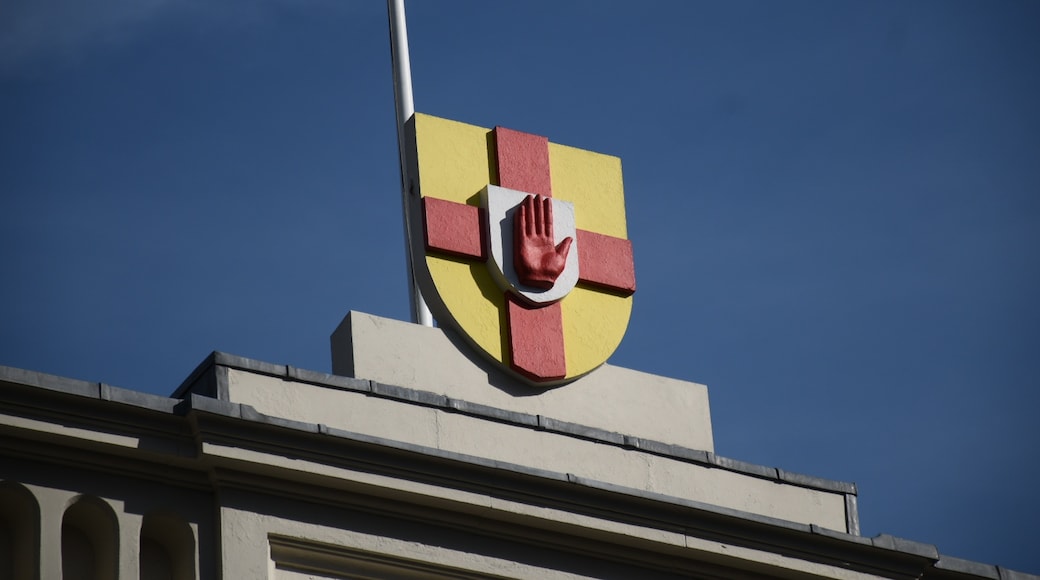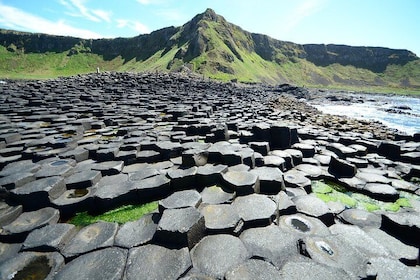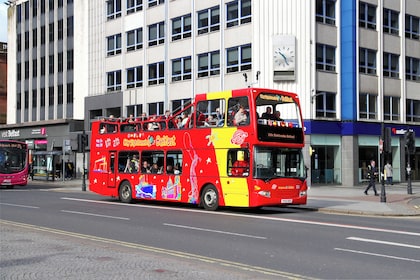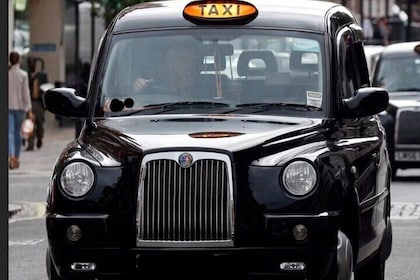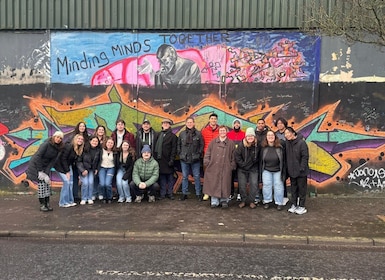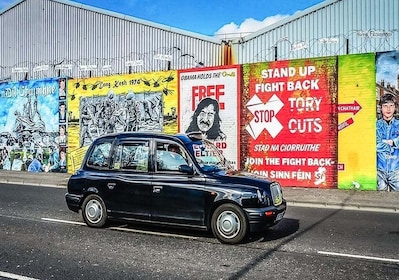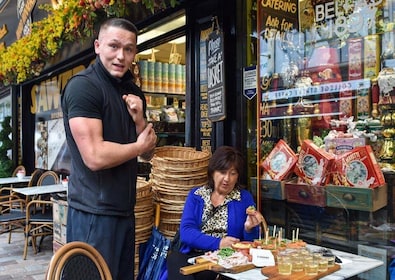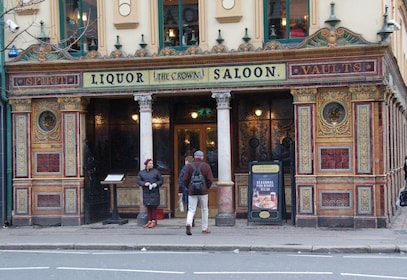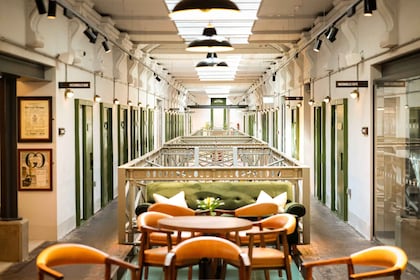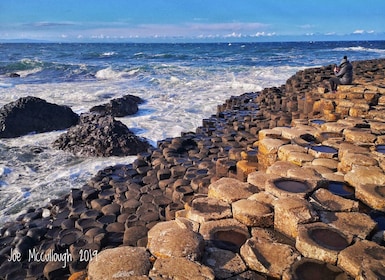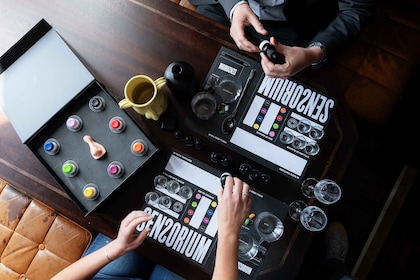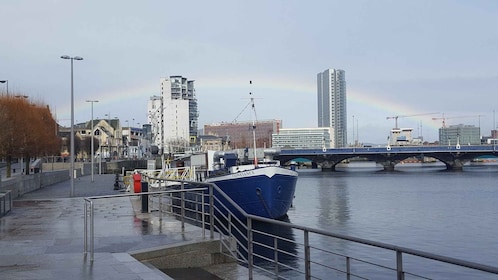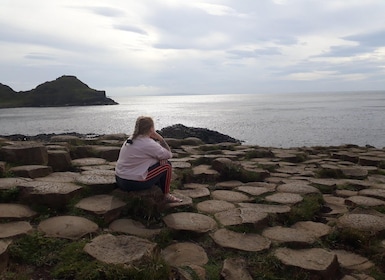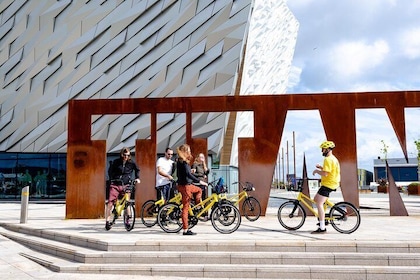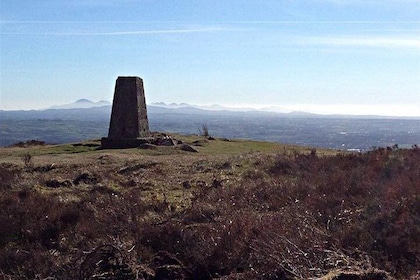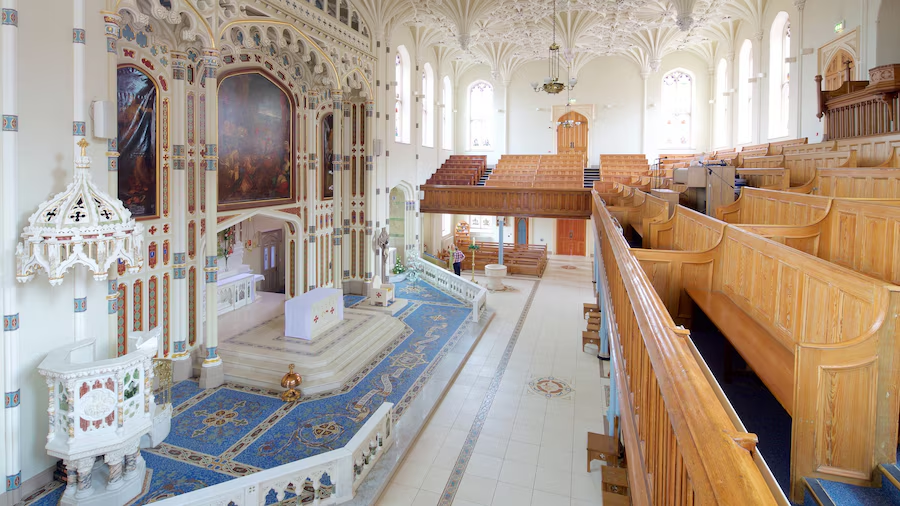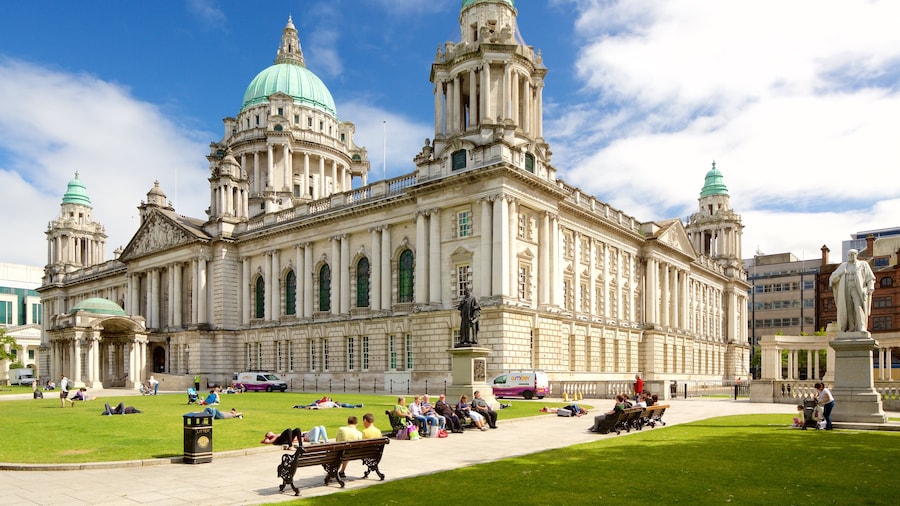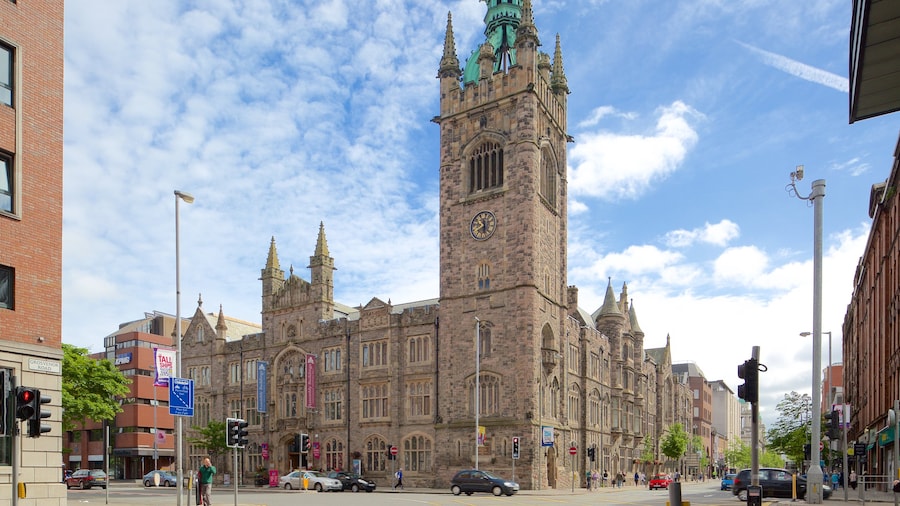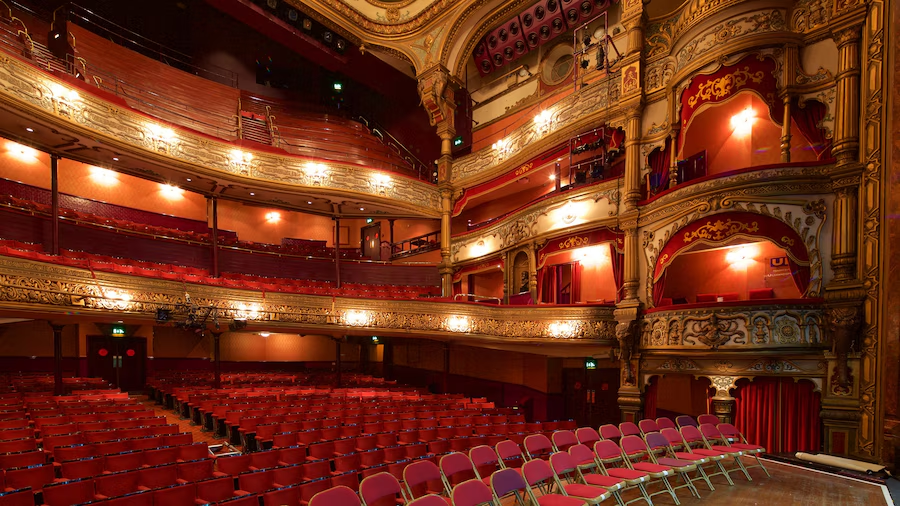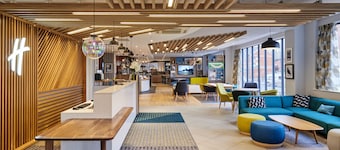Ulster Hall is at the heart of Belfast and at the heart of some of Northern Ireland’s key cultural and political events. The music venue, nicknamed the Grand Dame of Bedford Street by locals, has hosted some of Ireland’s and Britain’s most famous names ever since it opened in 1862.
The building was commissioned with a competition to design a new music venue, and Ulster Hall’s main feature was an enormous pipe organ, to drown out the sounds of the linen factory nearby. The Mulholland organ was restored in the late 1970s and is used at some classical music concerts.
Over last 150 years, Ulster Hall has seen appearances by no less than James Joyce and Charles Dickens, who gave readings from A Christmas Carol and David Copperfield in 1869, and the famous Italian opera singer Enrico Caruso in 1909.
More recently, Led Zeppelin gave the first performance of their most famous song, Stairway to Heaven, at Ulster Hall in 1971 and punk bands like Stiff Little Fingers, the Undertones and the Boomtown Rats performed there as well as Manic Street Preachers, AC/DC and the Rolling Stones.
It is the political rallies that Ulster Hall is more famous for. In the early 20th Century, Lord Randolph Churchill led opposition to William Gladstone’s Home Rule in Ireland bill in the hall, while his son Winston Churchill was locked out several years later when trying to speak in favour of Home Rule. John Tyndall, a Victorian scientist, provoked outrage from both protestant and catholic preachers for putting the case for science over religion. And in 1986, loyalists held a meeting led by Sir Ian Paisley forming an organisation called Ulster Resistance objecting to the Anglo-Irish Agreement.
The venue is still one of the most active in Belfast and continues to host classical concerts and pop music, craft fairs and political conferences.
